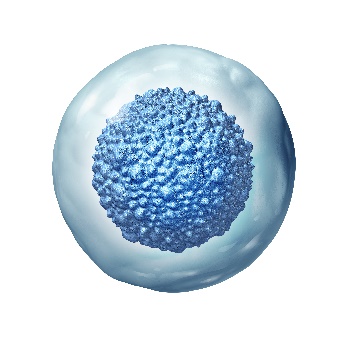
iPSCs are a type of pluripotent stem cell artificially derived from somatic (non-reproductive) cells by introducing specific transcription factors that reprogram these cells into an embryonic-like state. Like ESCs, iPSCs possess the ability to self-renew indefinitely and differentiate into virtually any cell type within the body, making them a powerful model for studying human biology and disease.
| iPSCs | ESCs | |
| Accessibility and Scalability | Derived from somatic cells, which are abundantly available and easy to harvest | Rely on limited embryonic sources |
| Patient-Specific Therapies | Can be generated from an individual's own cells, enabling the creation of personalized cellular models | Raise ethical concerns |
| Versatility in Research | Like ESCs | Can differentiate into all three germ layers—ectoderm, mesoderm, and endoderm—providing researchers with a versatile platform to model complex biological processes and diseases |
| Ethical Considerations | Circumvent these issues entirely by utilizing adult cells—such as skin or blood cells—that can be obtained from donors non-invasively | The use of ESCs has historically raised ethical concerns due to the destruction of human embryos during their derivation. |
| Research Applications |
|
|
At Creative Biolabs, we utilize advanced iPSC technology to enhance your research and data relevance. Our iPSC services are designed to meet our clients' projects as well as specific assay requirements.
We provide iPSC maintenance services and large-scale production in both 2D and 3D formats.
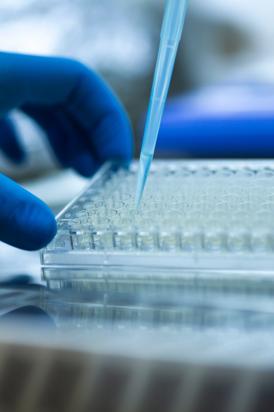
We offer feeder-dependent and feeder-free systems, and growth factor-enriched media to maintain pluripotency and minimize cell variability. Special products associated with advanced cell culture have been successfully established to help solve the problem involved in daily culture work, including mycoplasma detection kits and agents to get rid of bacterial contamination.
Prolonged passage may lead to chromosomal aberrations and epigenetic drift, affecting downstream applications. We provide controls to reduce these risks.
We provide iPSC cultures that translate from laboratory research to industrial-scale applications requiring innovative bioreactor systems, automated workflows, and optimized differentiation protocols. At the same time, we emphasize standardized practices to ensure reproducibility.
With more than two decades of expertise in stem cell technology, we bring a wealth of knowledge to every project. Our scientists are pioneers in developing innovative iPSC culture methods that can be tailored to each client's unique needs.
Our laboratories are equipped with cutting-edge technology designed to support high-throughput iPSC production, quality control and advanced differentiation studies. Our iPSC culture systems follow industry standards, including GMP-compliant workflows for translational research applications.
Creative Biolabs has extensive expertise in iPSC differentiation and can provide the most flexible, adaptable, and customizable solutions for your project. Different cell types are available, such as hepatocytes, cardiomyocytes, and neural cells. Other services include qRT-PCR of pluripotency genes, karyotyping for assessing genomic stability, and tri-lineage differentiation for assessing pluripotency in vitro.
The differentiation services we offer are a powerful tool for achieving the following goals:
replicate pathological conditions in vitro to explore underlying molecular mechanisms.
predicting human responses to new drug candidates in controlled environments.
studying developmental processes and cell behavior under various conditions.
production of cells for preclinical therapeutic studies of degenerative diseases.
To confirm the pluripotency, quality, identity, and safety of the pluripotent cell lines as they are derived and maintained, it is essential to perform a set of characterization analyses. Our assay development is led by scientists with extensive experience in pluripotency characterization.
At Creative Biolabs, we provide a full suite of services to characterize the pluripotency of iPSCs.
The most common method to confirm pluripotency is through the detection of specific surface and intracellular markers that are associated with undifferentiated stem cells.
We utilize flow cytometry and immunocytochemistry to confirm the expression of pluripotency markers.
To validate pluripotency, iPSCs must be capable of differentiating into cells of all three germ layers: ectoderm, mesoderm, and endoderm. One of the gold standard assays for differentiation potential is teratoma formation.
We perform teratoma formation and embryoid body formation to assess the differentiation capacity of iPSCs.
The genomic integrity of iPSCs is a critical factor for ensuring their pluripotency and stability over time. Reprogramming can occasionally lead to chromosomal abnormalities.
Our karyotyping and WGS services help ensure the genomic stability of your iPSC lines.
Epigenetic modifications, such as DNA methylation and histone modifications, play a critical role in maintaining pluripotency and regulating differentiation.
We offer DNA methylation profiling, histone modification analysis, and more to assess epigenetic regulation.
To evaluate the global gene expression profile of iPSCs, transcriptome analysis provides a comprehensive view of the expression of pluripotency-related genes.
Our RNA-Seq and qRT-PCR services allow for a deep dive into the gene expression profiles of your iPSC lines.
In addition to molecular and genetic assays, functional tests can be performed to assess the capacity of iPSCs to produce specialized cell types.
We offer specialized assays for neuronal and cardiac differentiation to evaluate the functionality.
Methods of factor reprogramming fall into two broad categories: Integrating methods and Non-Integrating methods.
Creative Biolabs has developed streamed-line protocols for efficient iPSC generation with viral vectors, DNA (plasmid), RNA and recombinant proteins. Each of our services will be provided with a comprehensive report suitable for publication.
Creative Biolabs provides custom genome editing services for human cells, including cell lines and patient-derived cells. Although genome editing is not available for many somatic cell types, our iPSC-based services can be flexibly tailored to your needs through genome editing.
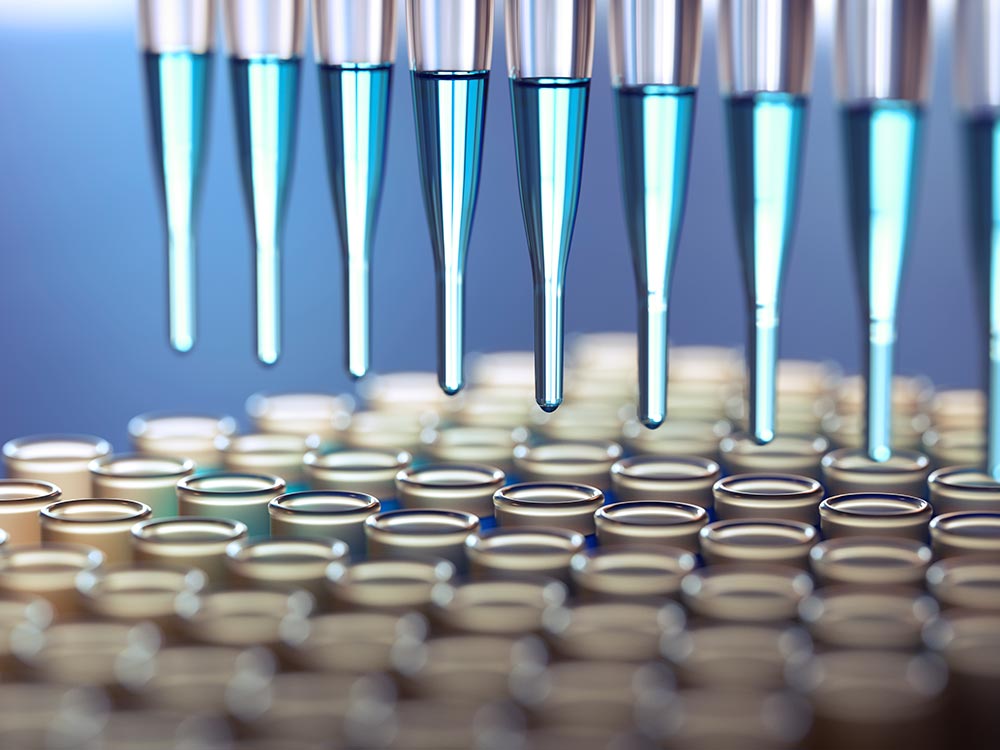
We employ CRISPR/Cas9 to deliver knockout models (disrupting specific genes to investigate their roles) and knock-in models (introducing precise mutations, tags, or reporter genes for functional studies).
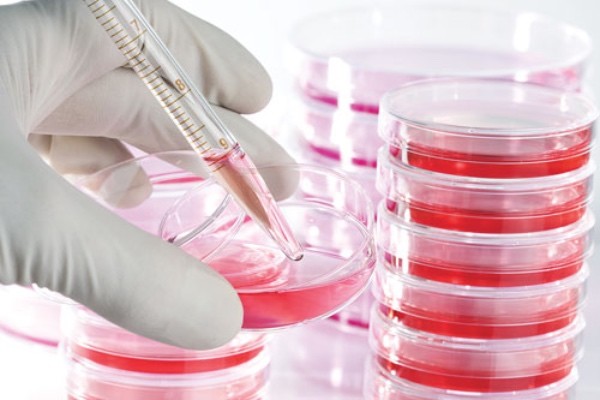
For applications requiring high specificity or CRISPR-resistant loci, TALENs are available. These customizable platforms ensure precise editing with minimal off-target effects.
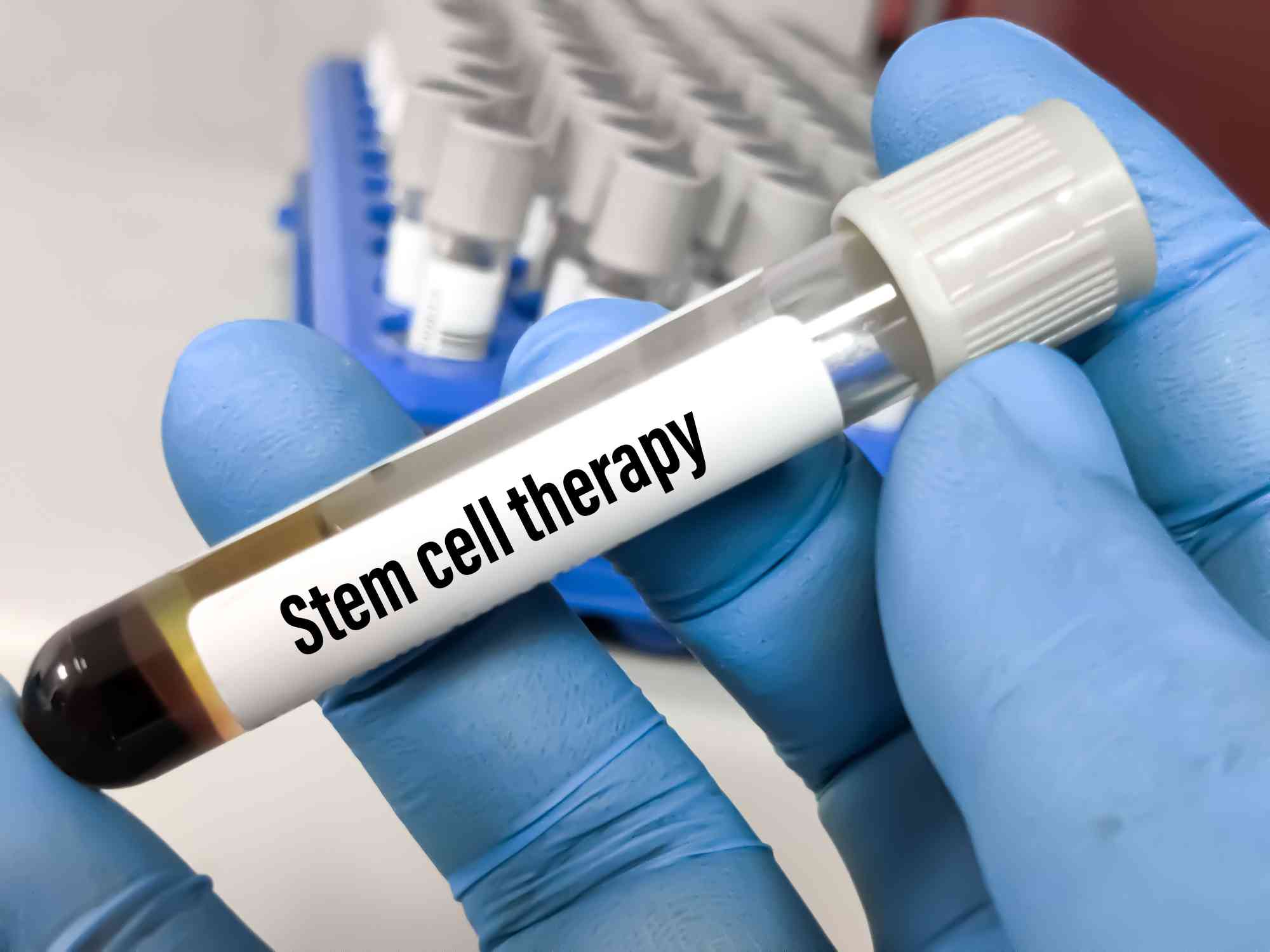
To address single-nucleotide variations, we integrate base and prime editing technologies. These tools enable highly precise alterations without inducing double-strand breaks, reducing the risk of genomic instability.
More →With our offerings, we aim to empower researchers with versatile, reliable, and high-quality solutions that can streamline stem cell-based studies, increase the precision and accuracy of results, and speed up the scientific discovery process.
By partnering with our prestigious iPSC service, you will gain the following research advantages.

A: iPSCs can be delivered as a frozen vial of cells, or depending on the service, the cells could be further processed into desired cell types or tissues before delivery.
A: Our quality assurance usually involves rigorous testing at each stage of the process, including testing for sterility, endotoxin levels, mycoplasma contamination and validation of pluripotency and functionality of the generated iPSCs.
A: Yes, we offer customizable iPSC services to cater to the specific needs of a research project.
A: Our services typically include iPSC generation, iPSC differentiation into various cell types, genome editing in iPSCs, and development of disease models using iPSCs among others.
A: Almost any type of somatic cell can be reprogrammed into iPSCs, most commonly fibroblasts and PBMCs are used.
A: The precise turnaround time can vary widely depending on the exact service. For instance, generation of iPSC lines may take several weeks to a few months.
A: iPSCs are typically validated through a series of tests including pluripotency assay, differentiation potential, karyotyping for genome stability, and marker expression.
A: The cost of iPSC services can vary widely, depending on what is included in the service package, such as the source of cells, the number of clonal cell lines required, and any additional characterization or differentiation services.